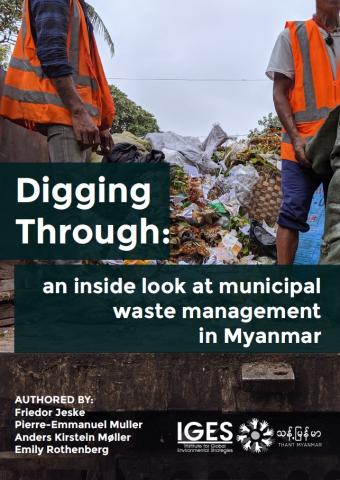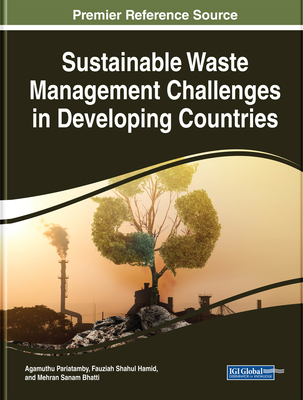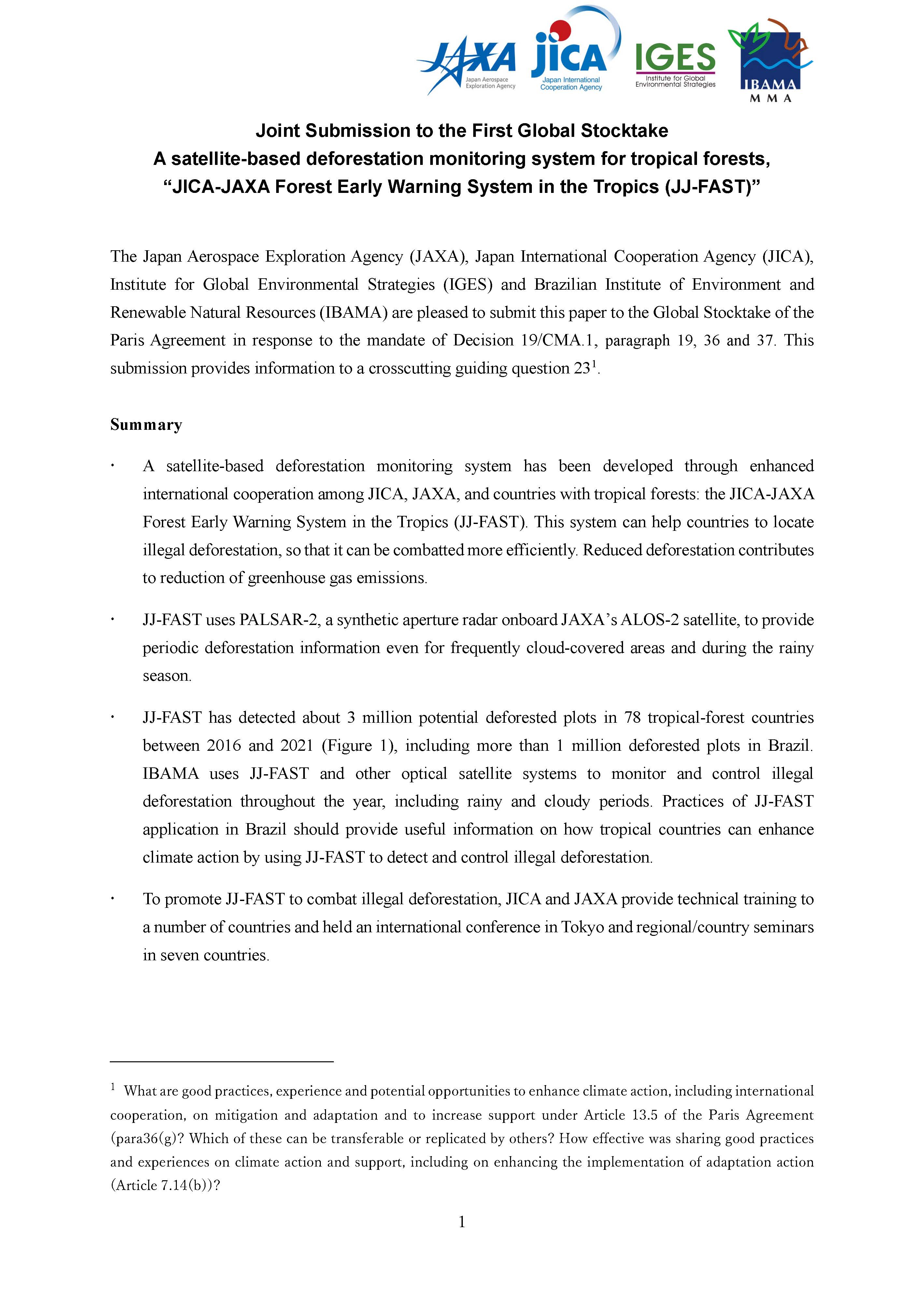In Teak in the Mekong for a sustainable future
Since the late 2000s, the global timber trade has undergone emerging legality requirements on imported timber products in major consumer countries. As a key country in supplying tropical hardwood, Myanmar's potential to participate in expanding regulated markets rests on its capacity to hold accountability for the legal origin of timber products...
Keywords:








